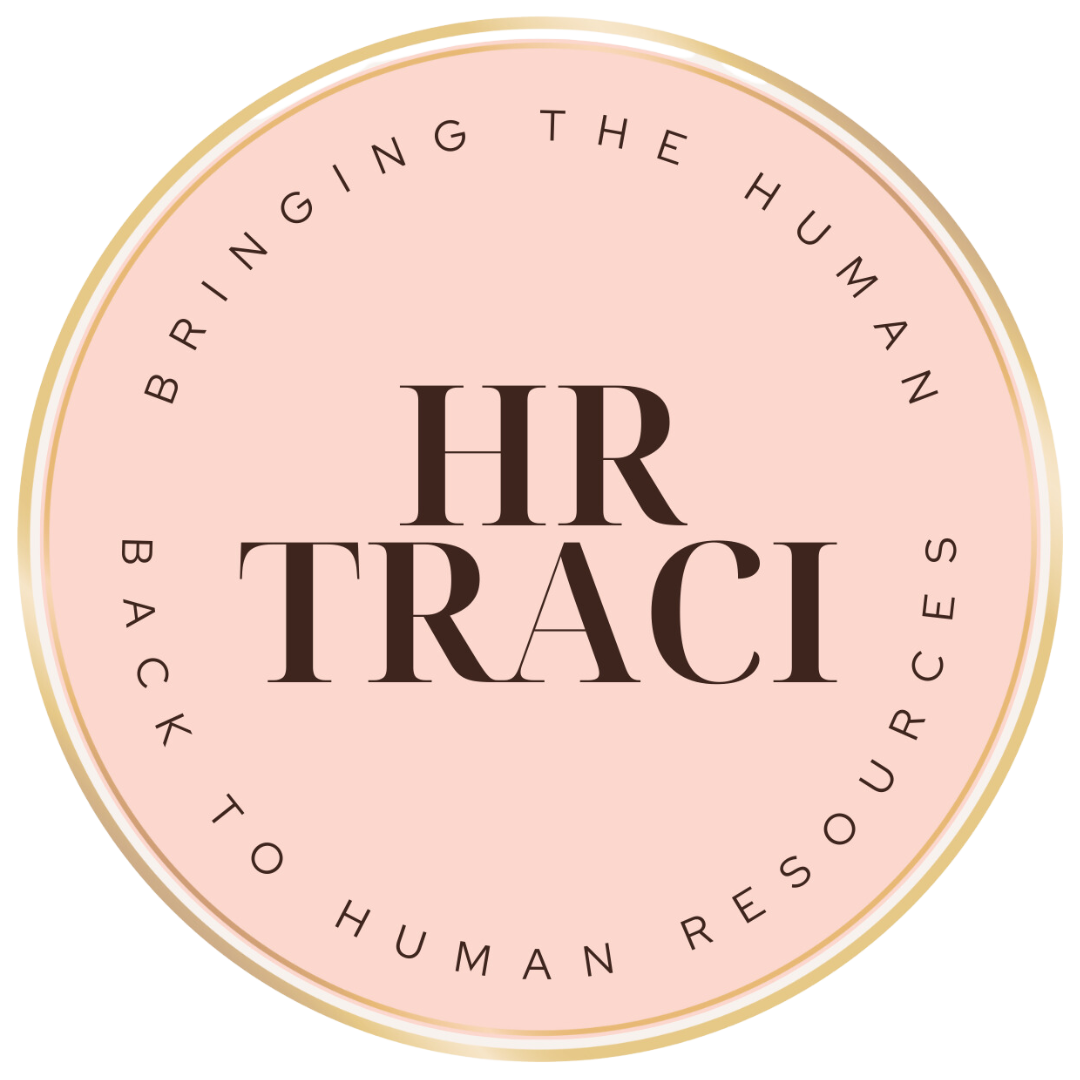Policy Pulse: Why HR Compliance Is Now a City-by-City Game
What your 2023 handbook probably missed, and why your job ad might get you sued in 2025
HR compliance is having a moment, and not the good kind.
In this month’s Policy Pulse episode, Traci teams up with returning co-host Bryan Driscoll (HR & Small Business Consultant) to zoom in on a messy reality: compliance is no longer just a federal or even state-level issue. It’s hyperlocal.
Together, they dig into how a patchwork of state and city laws is reshaping HR work at every level. This episode isn’t just about regulations. It’s about real risk.
Pay transparency? Job postings? Free speech? These aren’t policy footnotes anymore. They’re legal flashpoints that can cost you.
00:45 – Compliance Isn’t Federal Anymore
HR leaders are facing a new reality. Compliance can’t be boiled down to broad federal standards anymore, or even just one “strict” state like California.
Cities and states are enacting their own rules. Some of them are going further than ever before.
“You basically need an on-the-job JD to keep up these days,” Bryan says.
He’s not exaggerating. As states like Colorado and Hawaii introduce sweeping new laws, HR leaders must rethink their approach entirely. Multi-state employers now need to think zip code by zip code.
This kind of localization demands more than legal awareness. It requires updated infrastructure, systems, and cross-functional coordination to ensure nothing gets missed.
08:30 – Your Handbook Might Be Hurting You
One universal handbook for every employee used to be standard. Now? It’s a legal landmine.
Bryan and Traci explore how outdated or overly generalized policies can create more risk than protection.
“I’ve seen some handbooks that haven’t been updated in 20 years,” Traci notes. “That’s like using a flip phone to run your business.”
They recommend state-specific addendums at a minimum. In some cases, fully separate handbooks may be necessary.
If your documentation doesn’t reflect current laws where your employees live and work, it’s time to update before you’re forced to.
13:15 – Salary Range or Lawsuit?
Washington State has now made it legal for job applicants—even unqualified ones—to sue employers if a salary range isn’t posted on a job listing.
That means a single job posting without a range, visible to a Washington resident, could open the door to legal action. Other states like Colorado and New York are enforcing similar pay transparency laws.
If you’re hiring remotely or nationally, your job listings need to reflect the most stringent requirements.
“It doesn’t matter if you’re based in Florida. If someone in Washington sees the post, you’re exposed,” Bryan warns.
18:50 – Free Speech vs. Free of Consequences
“I can say what I want, it’s free speech!” is a common defense when employee behavior hits HR’s radar. But there’s a catch.
As Bryan explains, “The First Amendment protects you from the government, not from your employer.” That controversial tweet, rant on LinkedIn, or racy TikTok might not be illegal. It could still lead to termination.
Even private profiles aren’t always safe. Content gets screenshotted, shared, and brought back to the workplace more often than people think.
The takeaway? Policies around public behavior and brand alignment are more essential than ever.
24:30 – Overworked and Under-Resourced
HR compliance is getting harder. HR teams aren’t getting larger.
Many companies with hundreds of employees are still relying on a single HRBP to manage legal updates, payroll, employee relations, and everything in between. “That’s not just lean. It’s dangerous,” Traci says.
Without the right staffing and systems, it’s easy to miss a legal update that leads to real exposure.
The episode makes a strong case for increasing investment in HR capacity and tools. Staying compliant isn’t optional.
29:10 – Say It, Forget It. Write It, Regret It.
Traci leaves us with a sharp reminder.
What’s written down becomes permanent. Whether it’s a job description, a Slack message, or a casual social media post, documentation creates a trail. And not always one you want to follow later.
In an age of digital permanence and screenshot culture, HR leaders need to build a culture of intentional documentation.
The goal isn’t to discourage writing. It’s to elevate clarity, purpose, and awareness of audience.
What’s the most outdated policy your company is still holding onto?
This episode cuts through the noise and gets to the core of today’s compliance challenges.
HR isn’t just about people anymore. It’s about staying legally and culturally in sync with a fast-changing world.
From multi-handbook strategies to policy enforcement in a remote-first environment, Traci and Bryan deliver insights HR leaders can apply today.
In 2025, what you don’t know can absolutely hurt you.
Want to connect?
Find Bryan: LinkedIn: @bryanjohndriscoll | Website: bryandriscoll.com
Contact Traci: https://linktr.ee/HRTraci
Have insights about HR burnout or other workplace wellness hot takes? We're always looking for thoughtful guests with fresh perspectives.
